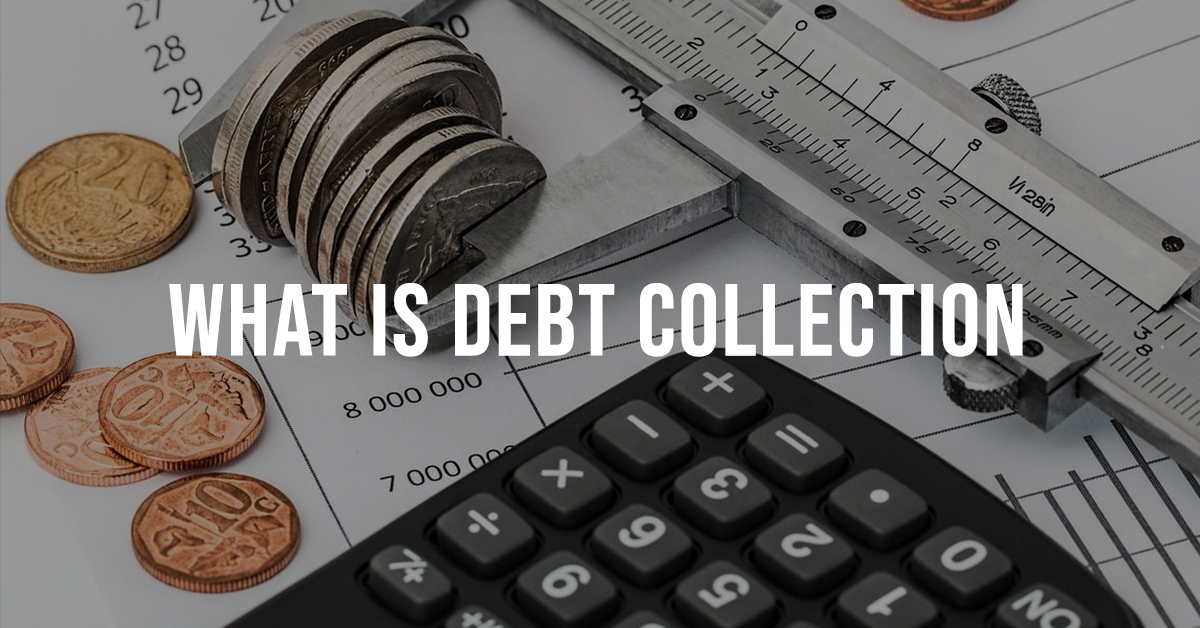Debt collection is defined as the process of recovering old debts. These old debts have to be recovered from the defaulters who have failed to pay their debts.
What are Debt Collectors?
A debt collector is an agency that plays an important role in the debt collection process by recovering the debt from delinquent accounts. They are also called collection agencies and act as third-party companies to recover the past-due debts of other companies from their borrowers. Debt collectors receive either a fee or a percentage of the total amount of the debt recovered. Some agencies buy debts at a fraction of the price from companies, and then try to recover the full or a large amount from the defaulters to earn a profit.
The debt collection process includes the recovery of several types of overdue debts, such as unpaid auto loans, personal loans, medical loans, student loans, house loans, unpaid credit card debt, unpaid utility bills like mobile phone bills, and several other types of debts. A reliable debt collector follows ethical and legal practices to recover the debts and helps both the debtor and the creditor reach an agreement. If you are struggling with overdue debts, you can seek the assistance of a debt collection agency to guide you through the debt collection process and help you come up with a repayment plan that suits your financial situation.
What is Debt Collection Process?
Debt collection varies depending upon the collection agency’s expertise. Some debt collectors will only sign for a certain type of debt collection, for e.g., student loan debt or medical debt. Other agencies will not take on those debts that are past the statute of limitations.
A debt collector may come for recovery of old debts soon after it becomes overdue and indefinitely after that. It depends on the agency collecting the debt, the amount owed, and also the type of debt.
Defaulters with unpaid past-due debt are typically sent written notices and messaged through phone calls by the original creditor. If the original collector fails to recover the amount after a certain time, then it is passed on to the collection agency.
Collection agencies will get the information on file to contact the defaulters. Their phone number and current address are used to track and contact them. Their family and friends are also contacted to persuade the defaulters to repay the debt. If possible, a collection agency will try to access the personal banking information of the debtor to figure if they have optimum funds to repay the debt.
Streamline all Back End Operations so that you can save Time & Money and focus on GROWING YOUR BUSINESS.

Streamline all Back End Operations so that you can save Time & Money and focus on GROWING YOUR BUSINESS.
Accounting & Tax: Let us crunch the numbers, so you can focus on growing your business.
Virtual CFO: Experience financial success with a Virtual CFO by your side.
Internal Audit: Gain peace of mind with our comprehensive internal audit services.
Company Secretary: Let our experienced Company Secretary guide you through corporate compliance effortlessly.
What is the Debt Collection Process of a Reputable and Professional Collection Agency
A professional debt collection agency will not use illegal practices to collect the debt. They will pursue legal options to recover the debts. They will mail the letters to the address given by the defaulter to the original creditor. They will also contact defaulters through email addresses and phone numbers provided.
The collection agency will provide the defaulter with the specific details that include the following:
- The name of the original creditor.
- The amount owed includes late fees and other charges.
- The defaulter’s ability to dispute the debt, the time needed for it along other stipulations. If the defaulter does not dispute the debt within the stipulated time, then the debt is considered valid. The collection agency will continue to contact the defaulter for repayment of debt.
- They will not call the defaulters at odd hours or night times. They will only call during normal business hours.
Unethical Practices of Debt Collection
The below-mentioned practices are considered unethical and intimidating for debt collection.
- Pretending and impersonating others like lawyers, attorneys, and policemen in order to intimidate the defaulter.
- Making false claims about the debt that include the amount of the debt and where it came from.
- Other intimidating and abusive practices like threatening to cause bodily harm to the debtor or their friends and threatening to arrest them.
How Debt Collection Works and Affects the Defaulter’s Credit
An unpaid debt in collections will affect the credit score of the defaulter. It will be reported to credit bureaus that result in the lowering of the credit score. It can stay on the credit report for up to 7 years from the date it was considered delinquent.
Conclusion
What is the debt collection process? It is the recovery of past-due debt in a legal manner. A debtor owes it to the creditor to pay the money back. If not recovered, the collection agencies have the right to recover the money in legal ways.



